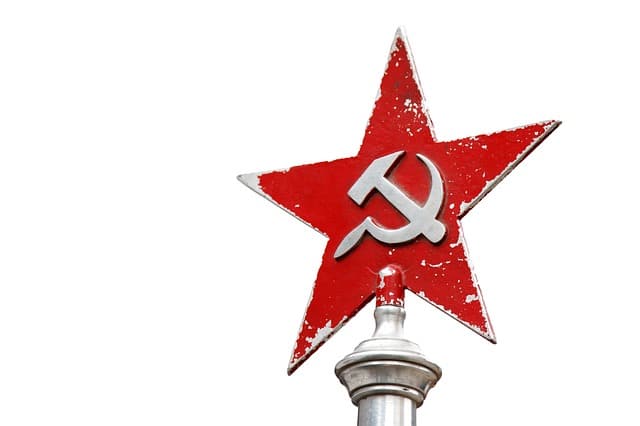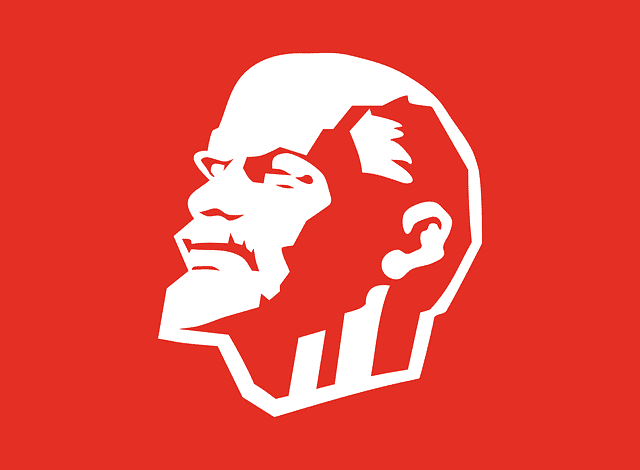
Trotskyism is a current of communism that follows the postulates of León Trotsky.
Trotskyism is the political movement and current of thought inspired by Leon Trotsky , a revolutionary who had a great impact on the Russian Revolution of 1917 . Trotsky was a pillar of communism in Russia until he began to confront Joseph Stalin , opposing his philosophy and policies. He finally had to go into exile and was murdered by the Soviet secret police.
Lev Davidovich Bronstein was the real name of Trotsky, of Jewish origin, who was one of the main promoters of the famous October Revolution that occurred in Russia in 1917 and that allowed the Bolsheviks to achieve power.
It is important to highlight that both Trotskyism and Stalinism are currents of communism and interpretations of the postulates of Karl Marx and Vladimir Lenin . It is often said, in a simplified way, that Trotskyism represents the left of communism and Stalinism, the right.
Characteristics of Trotskyism
One of the main characteristics of Trotskyism is its belief that the revolution must be promoted internationally, and not just in a single country. That, for Trotskyism, represents the only possibility of success in the search for the establishment and permanence of communism.
Another notable feature of Trotskyism is its opposition to bureaucracy . For this movement, the power structures must be democratic and the positions must be rotating, which would prevent a person or a certain group from appropriating the benefits of the revolution.
In the same way, we must not overlook that Trotskyism was also based on another series of fundamental pillars, among which we can highlight the following:
• He opted for five-year plans.
• He advocated that power seizures be in the hands of the proletariat at all times.
• It was largely based on two publications that were carried out or promoted by Trotsky and that came to define the main keys of this political movement: "Transition Program" (1938) and "Theory of Permanent Revolution" (1930) .

Lenin was critical of Trotskyism.
The movement today
Currently, many political parties and groups recognize themselves as Trotskyists and adherents to the organization known as the IV International , founded in 1938 . Their participation in election processes, however, does not usually bring them much success, reaching minority voting percentages. Argentina , France and Mexico are some of the countries where Trotskyism maintains the greatest strength.
There are political formations in various corners of the world that support Trotskyism. In the case of Spain, for example, we can say that there have been and are groups with this marked ideology, such as the following:
• Revolutionary Communist League. It was founded in 1971 and disappeared twenty years later. It must be emphasized that it was the Spanish section of one of the main factions that emerged from the Fourth Trotskyist International.
• Internationalist Socialist Workers Party. It was put into operation in 1980 and has its own media, such as "La Verdad" or "Combate socialista."
In Spain, on the other hand, a political formation has emerged that gained great public support and shares some ideas with Trotskyism. It's about Podemos.
Trotskyism according to various communist leaders
Let's see below the opinions of important figures in history about Trotskyism and the revolutionary who gave it his name:
* Lenin described Trotsky as a vain and self-centered person, as a false leader , who defrauded his followers and helped the right while posing for the left. Nor did he hesitate to call him a scoundrel, a traitor and even compare him to Judas (the disciple of Jesus Christ who sold him to the members of the Sanhedrin). There were many occasions on which the Russian revolutionary very sharply criticized Trotsky's attitude, always highlighting his lack of transparency;
* Stalin , for his part, did not miss the opportunity to turn the attachment that Trotsky seemed to have for figures and percentages to flaunt his success against himself, in the elections in which more than 99% voted in his favor. , subjecting the founder of Trotskyism to inevitable humiliation. In the words of Stalin himself, it was Trotsky's party that was solely responsible for having lost in such a resounding way, pointing out that they dedicated too much time to debates and that they did not focus on the struggle of the proletariat and the building of socialism ;
* Fidel Castro defined Trotskyism as a vulgar tool of reaction and imperialism. He said that he had represented an incorrect position, with the same political ideas that, according to him, the advertising agencies and newspapers of North American imperialism adopted, opposed to Revolutionary Cuba and loaded with slander and intrigue against it;
* Ho Chi Minh branded the Trotskyists as dirty bandits who did everything possible to mask their twisted actions. He used the example of the Marxist Unification Workers' Party in Spain, which he accused of setting up espionage nests in several Spanish cities to serve Franco. Similarly, he mentioned the fifth column and its activities in favor of German and Italian fascism , as well as the backstabbing of the Marx-Engels-Lenin League in Japan, which sent young people who approached its organization to prison. group.
